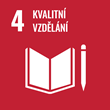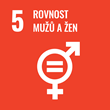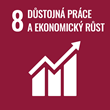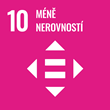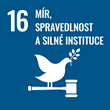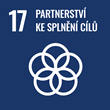
Informace o projektu
Networks and the Rule of Law: Uncovering Socio-Economic Outcomes
(NET-ROL)
- Kód projektu
- 101177405
- Období řešení
- 3/2025 - 2/2028
- Investor / Programový rámec / typ projektu
-
Evropská unie
- Horizont Evropa
- Klastr 2 - Kultura, kreativita a inkluzivní společnost
- Fakulta / Pracoviště MU
- Právnická fakulta
- Spolupracující organizace
-
University Hamburg
Universiteit Leiden
- Odpovědná osoba Antoaneta Dimitrova
Foundation Institute of Public Affairs
Université de Rennes 1
Central European University Private University
European Policy Institute Skopje
NET-ROL: ‘Networks and the Rule of Law: Uncovering Socio-Economic Outcomes’ is an innovative, multi-disciplinary collaborative research project of institutions from 8 countries (Austria, Czechia, France, Germany, Italy, Netherlands, North Macedonia, Poland) and scholars from different disciplines and sub-disciplines (economics, law, political science, network science). NET-ROL develops a conceptual framework theorizing the positive or negative role of networks impacting rule of law and socio-economic outcomes. It generates large-scale, historical and contemporary datasets relevant to the study of rule of law: on values and social norms, legislation, public spending and personal connections, judicial governance and decision-making. The approach to rule of law emphasizes the role of citizens, exploring networked coordination as a mechanism to halt weakening of rule of law. Building on EU’s definition of rule of law, NET-ROL analyzes networks in law-making, executive decision-making and the judiciary. For the judiciary, NET-ROL maps the interaction of rule of law and concentration of powers, analyzing the effect on formal and informal judicial and prosecutorial independence. Using state-of-the-art data techniques such as causal machine learning and multi-layer network analysis, the project generates original knowledge on causes of rule of law weakening and the impact on socio-economic outcomes such as growth, inequality, and trust.
The project’s innovative character stems from:
· The broad and interdisciplinary perspective on rule of law.
· The integration of different approaches studying the impact of networks on public goods.
· The gathering and analysis of new, actionable datasets.
· The use of innovative data science, econometric, network and text analysis techniques.
· The exploration of the conditions under which citizens defend the rule of law.
· The design of interventions supporting rule of law based on experimental data and input from stakeholders.
Cíle udržitelného rozvoje
Masarykova univerzita se hlásí k cílům udržitelného rozvoje OSN, jejichž záměrem je do roku 2030 zlepšit podmínky a kvalitu života na naší planetě.



